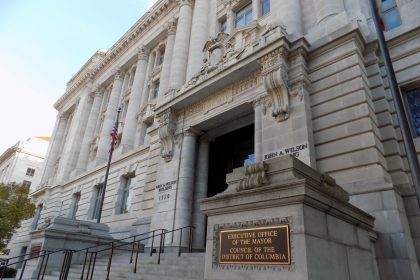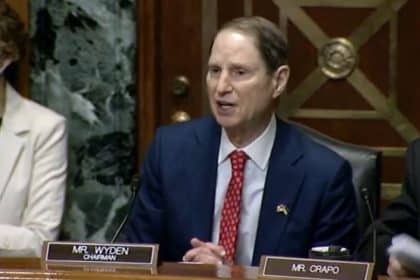Court Rejects Lawsuit Against NSA on “State Secrets” Grounds

FALLS CHURCH, Va. (AP) — A divided federal appeals court has upheld the dismissal of an ACLU lawsuit challenging a portion of the National Security Agency’s warrantless surveillance of Americans’ international email and phone communications.
The 4th U.S. Circuit Court of Appeals ruled Wednesday that the lawsuit must be dismissed after the government invoked the “state secrets privilege,” meaning that a full exploration of the issue in a court of law would damage national security.
In the lawsuit the Wikimedia Foundation, which runs Wikipedia, said that the National Security Agency’s “Upstream” surveillance program necessarily captures some of its international communications and is a violation of free-speech rights and its Fourth Amendment rights against unreasonable search and seizure.
Details of the Upstream program are classified, but it collects data from transmissions over high-speed cables that carry electronic communications into and out of the country.
In a majority opinion, Judge Albert Diaz, an Obama appointee, agreed with government assertions that a lawsuit over the program’s constituionality cannot be conducted without harming national security.
“There’s simply no conceivable defense to this assertion that wouldn’t also reveal the very information that the government is trying to protect: how Upstream surveillance works and where it’s conducted,” Diaz wrote.
In a dissent, Judge Diana Gribbon Motz wrote that the Supreme Court is set to hear arguments on a case that could spell out the breadth of the state secrets privilege, and that allowing the government to invoke it ahead of that ruling is a mistake.
She said that the majority opinion “stands for a sweeping proposition: A suit may be dismissed under the state secrets doctrine, after minimal judicial review, even when the Government premises its only defenses on far-fetched hypotheticals.”
Patrick Toomey, an attorney with the ACLU’s National Security Project, which represented Wikimedia, said he is “extremely disappointed” witht the ruling and lawyers are considering their appeal options.
“Every day, the NSA is siphoning Americans’ communications off the internet backbone and into its spying machines, violating privacy and chilling free expression,” he said in a statement, “Congress has made clear that the courts can and should decide whether this warrantless digital dragnet complies with the Constitution.”
The lawsuit was filed in the aftermath of NSA contractor Edward Snowden’s disclosures about the scope of agency surveillance. The lawsuit was first tossed out in 2015 over the issue of whether plaintiffs had standing to sue. But the 4th Circuit revived the case and sent it back to the lower court, which again dismissed it in 2019 on the state secrets argument.
The Upstream program is just one part of the NSA’s surveillance. The “downstream” portion enlists internet service providers such as Google in collecting the communications of selected targets. The court ruling indicates that downstream collection provides a “vast majority” of what is collected by the NSA.
























